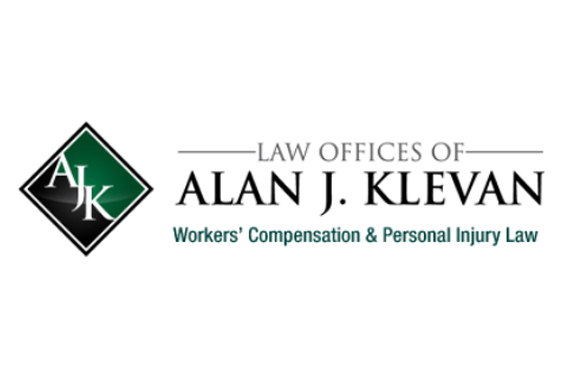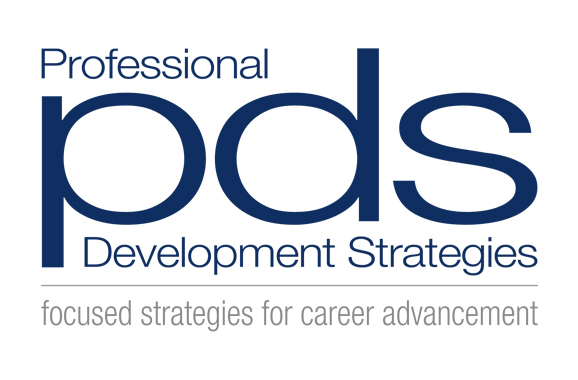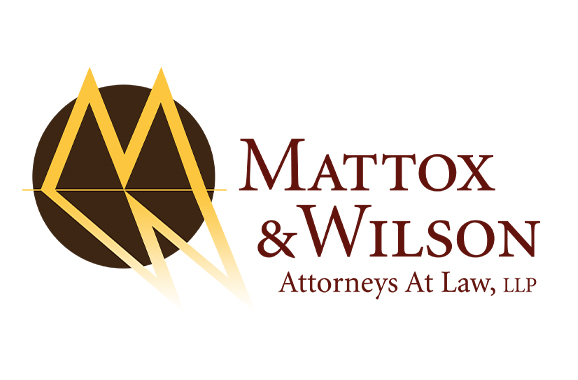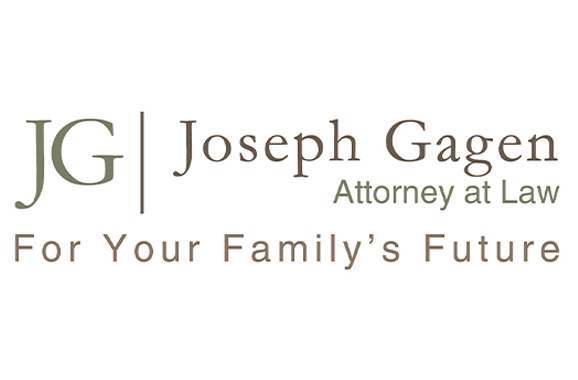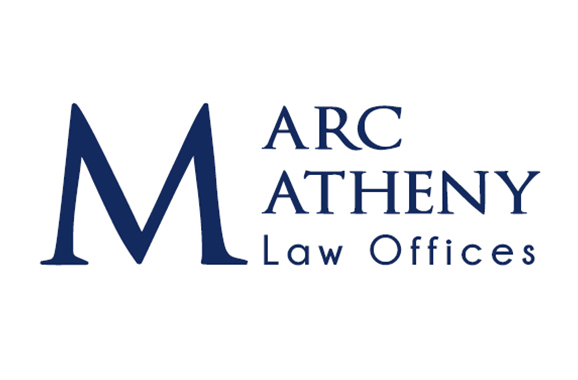
SEO For Lawyers, Law Firms & Attorneys
SEO For Lawyers & Attorneys
Get Top Google Rankings for Your Law Firm's Website
Firms with first page rankings get the vast majority of clicks and business; those not on the first page are usually not seen or considered.
As SEO for Lawyers experts, we work with attorneys desiring basic SEO for better rankings and brand enhancement to those committed to high rankings and serious client development through strategic search engine optimization and internet marketing.
We can help develop and implement a plan based on your needs and objectives.
Lawyer SEO Services Customized Around Your Needs and Budget
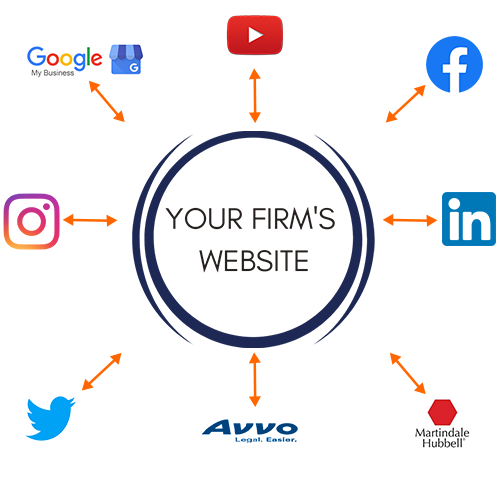
Click an Item for More Information:
Our Law Firm SEO Programs
Website Audit and On-Site Optimization
What it is – Review of a law firm’s website to identify fundamental and structural aspects that may require change for higher rankings.
Our law firm website audit consists of a qualitative and quantitative review of your firm’s website concerning the following:
- Effective use of title and description tags on the content pages
- Effective use of alt tags for images and links found on the website
- File size of images used on a website
- Use of internal linking
- Anchor text used for links
- Number of broken links
- Website architecture
- Number of content pages
- Website load time
- Check for duplicate pages
- Review of incoming links
- Errors – such as 404 pages
- Use of headings on content pages (h1,h2,h3)
- Use and construction of website sitemap
- Use of follow and no-follow links
- The ability of search engine bots to effectively crawl your website

SEO Competitive Analysis
For law firms that desire high search engine rankings, we develop customized strategies for increasing search engine rankings, with the goal of out-ranking competitors. In general, in order to “win” in achieving first page results on Google, it’s necessary to:
- Identify key search terms prospective clients are likely to use based on the firm’s practice,
- Identify the websites that are ranking highly for such terms,
- Conduct a quantitative and qualitative analysis of each of the competing websites concerning on-site SEO, and
- Once this information is known, an effective Search Engine Optimization Plan can be developed that is targeted to improving rankings in a cost-effective manner.
What You Need to Know About SEO
We have achieved a high rankings for a number of firms based solely on having a highly-optimized website that not only achieves high rankings, but also appeals to website users. If a website has already been developed, a comprehensive audit should be undertaken to identify any potential on-site SEO issues and opportunities for improvement.
The link-building programs used in the past – seeking hundreds or even thousands of links from contextually unrelated sites – will be detrimental and can severely hurt rankings.
Achieving high rankings in a cost-effective manner requires identifying the high-ranking firms, understanding what they are doing to achieve high rankings, and developing a plan to out-rank them.
“One-size fits all” plans don’t work. The large companies that typically offer these plans have teams of people that run all clients through the same, expensive plans. Typically, these result in: (a) A lot of unnecessary work being undertaken, and (b) A lack of focus on the key work that needs to be undertaken.
Formula programs don’t work.
Local Search Marketing
What it is – Special business listings shown on the first page the search results in Google, Yahoo!, and Bing.
What we do:
- Create local directory listings on Google+ Local, Bing Business Pages, Yelp, Hot Frog, Yahoo! Local, City Search, and Best of the Web,
- Local directory listings will be created to not only reinforce firm’s brand, but also optimized to promote the firms practice areas and geographic location.


Social Media Startup
What it is – Basic Social Media to better establish a firm’s online presence and brand, and which also helps for SEO.
What we do:
- Create firm social media pages on Facebook, Twitter, LinkedIn, and Google+. Social Media pages will be created to not only reinforce firm’s brand, but also optimized to promote the firms practice areas and geographic location.
- Add images and text to the social pages to further promote the firm’s brand and practice areas
- Add links to support firm blog postings (and, where possible, to have new blog posting titles automatically re-published)
Professional Copywritten Posts – Non-Legal Content
- Posts are written on non-legal topics that are relevant to your firm’s practice area.
Attorney-Written Legal Blog Postings – General Legal Topics
- Postings are written on topics that are specific to your firm’s practice areas.
Attorney-Written Legal Blog Postings Requiring Research
- Postings written on topics that require research on court cases or a specific interpretation of the law.
Press Releases
What it is – Use of press release to promote important firm news, key victories and cases, and other noteworthy items.
What we do – We work with firms to:
- Prepare list of topics for press releases
- Create a yearly press release distribution schedule
- Develop professionally prepared press release copy optimized for search engine purposes
- Advise the firm on the selection of a press release distributor based upon the firm’s needs, objectives, and budget
- Create a firm account with the distribution company selected
- Upload press releases, schedule the same for distribution, and interact with distribution company selected
- Upload press releases to firm website, and promote releases on social media

Attorney SEO FAQs
An SEO audit, particularly within the context of law firm SEO, is a comprehensive analysis of a website’s search engine visibility and performance.
At Esquire Interactive, our team of SEO experts conduct a meticulous examination to identify the strengths, weaknesses, and potential opportunities of your law firm’s online presence. This process involves evaluating numerous elements such as site architecture, backlinks, content quality, mobile usability, and keyword usage.
The goal of a law firm SEO audit is to provide actionable recommendations for improving the website’s search engine rankings and user experience, ultimately leading to more client conversions.
Long-tail SEO for lawyers is a strategy that targets long-tail keywords, which are search queries that are typically longer and more specific than commonly searched keywords.
Long-tail keywords often have less search volume compared to shorter, more generic keywords. However, they usually have higher conversion rates because they’re more specific. For example, someone searching for “personal injury attorney in Phoenix with free consultation” has a very clear intent compared to someone just searching for “attorney.”
By targeting long-tail keywords, you can attract a more targeted audience, face less competition, and increase the likelihood of attracting users who are further along in the decision-making process. This strategy is often a key part of content marketing and SEO campaigns for law firms.
At Esquire Interactive, we implement a range of lawyer SEO and attorney SEO strategies, each tailored to meet the distinct requirements and objectives of our clients, including:
- Keyword Research and Optimization: We pinpoint search terms of high importance that prospective clients use, optimizing your content for these keywords specific to lawyer SEO and attorney SEO.
- On-Page SEO: We take responsibility for comprehensive optimization of your webpages, including vital aspects like title tags, meta descriptions, and headers.
- Technical SEO: Our team handles technical components such as website speed, mobile-friendliness, and website structure, all essential in determining how search engines index and crawl your website.
- Content Marketing: We generate top-tier, unique content aimed at cementing your law firm’s status as a leader in its field.
- Local SEO: We optimize your visibility in local search results, thereby attracting more clients within your geographic area to your practice.
- Link Building: Our strategies are geared towards gaining high-quality inbound links from authoritative websites, a practice that enhances your site’s credibility and visibility in lawyer SEO and attorney SEO.
- User Experience (UX): We concentrate on delivering a superior user experience, as search engines prioritize sites that offer user-friendly interfaces and experiences.
We consistently update our law firm SEO strategies to keep pace with the latest algorithm modifications and search industry trends, ensuring we deliver the most effective results for our clientele.
It varies. SEO is a long-term strategy and it can typically take several months to start seeing noticeable ranking improvements. This is because search engines need time to crawl and index your site’s changes.
Several factors influence this timeframe, including a website’s current status, the competitiveness of the market, the quality of the content, and the frequency of updates. At Esquire Interactive, we usually tell our clients to expect to start seeing some improvements within 3-6 months.
White hat and black hat SEO represent two different approaches to search engine optimization.
White hat SEO utilizes tactics that align with search engine guidelines, focusing on providing real value to users and creating a better user experience. Techniques include high-quality content creation, website optimization, mobile-friendly design, and obtaining high-quality backlinks through reputable methods.
On the other hand, black hat SEO involves practices that attempt to trick or manipulate search engine algorithms to gain higher rankings. These tactics, such as keyword stuffing, invisible text, doorway pages, and using unrelated keywords, are considered unethical and against search engine guidelines.
While black hat SEO can sometimes result in short-term gains in rankings, search engines are increasingly sophisticated and likely to penalize sites using these tactics, potentially leading to a significant drop in rankings or even removal from search engine results altogether.
At Esquire Interactive, we strongly advocate for white hat SEO practices, as they provide long-term, sustainable growth and protect our clients from potential penalties associated with black hat tactics.
SEO is a long-term strategy and should ideally be a continuous effort. In the case of an attorney SEO campaign, we at Esquire Interactive typically suggest a minimum commitment of 6 to 12 months to start seeing significant results. This timeline is due to the nature of SEO itself and the competitiveness of the legal industry online.
However, the end of this initial period doesn’t mean the end of SEO work. SEO is not a “set it and forget it” type of strategy. Search engine algorithms are constantly changing and evolving, as are the behaviors and preferences of users. Therefore, to maintain and improve rankings, ongoing optimization, content creation, and strategy adjustments are necessary.
Whether you need a Pay-Per-Click (PPC) campaign while running an SEO campaign depends on your specific business goals, timeline, and budget.
SEO is a long-term strategy that aims to improve your website’s organic visibility in search engine results over time. It’s a crucial component of any digital marketing strategy and can lead to sustainable growth. However, significant results from SEO can take several months or even longer to become evident.
On the other hand, PPC provides immediate visibility in search engine results by placing paid advertisements at the top of the results page. This can be particularly useful for new businesses that want to quickly generate traffic, for seasonal promotions, or for competitive keywords where organic ranking is challenging.
Running SEO and PPC campaigns concurrently can complement each other well. The immediate results of a PPC campaign can support your business while you’re building organic reach through SEO. PPC data can also inform your SEO strategy, and vice versa.
Ready to
Get
Started?

